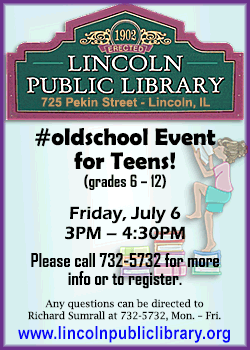|
 Researchers examined hearing test results for 3,316 children ages 9
to 11. They also asked parents about hearing complaints from their
children, how often kids used portable music players and how high
they typically set the volume. Researchers examined hearing test results for 3,316 children ages 9
to 11. They also asked parents about hearing complaints from their
children, how often kids used portable music players and how high
they typically set the volume.
Overall, 443 children, or 14 percent, had at least some difficulty
hearing at high frequencies. High frequency hearing loss, especially
in younger people, is often caused by noise exposure.
Regardless of how long they wore headphones or how high they set the
volume, kids who used portable music players just one or two days a
week were more than twice as likely to have hearing loss as children
who didn't use the devices at all.

"Although we cannot conclude from this study that music players
caused these hearing losses, it shows that music exposure might
influence hearing at a young age," said lead study author Dr.
Carlijn le Clercq of Erasmus University Medical Center in Rotterdam.
[to top of second column] |

"This is important, because hearing loss is irreversible and thus
has lifelong consequences," le Clercq said by email.
More than nine in 10 older children and teens use some type of
portable music player - often a smartphone or tablet - for education
and recreation, researchers note in JAMA Otolaryngology-Head and
Neck Surgery.
With noise-related hearing loss, sounds can seem muffled or distant
and people may hear ringing in their ears. This can sometimes be
temporary, happening after a loud concert, but it can become
permanent with repeated exposure to noise.
[© 2018 Thomson Reuters. All rights
reserved.] Copyright 2018 Reuters. All rights reserved. This material may not be published,
broadcast, rewritten or redistributed.
Thompson Reuters is solely responsible for this content. |